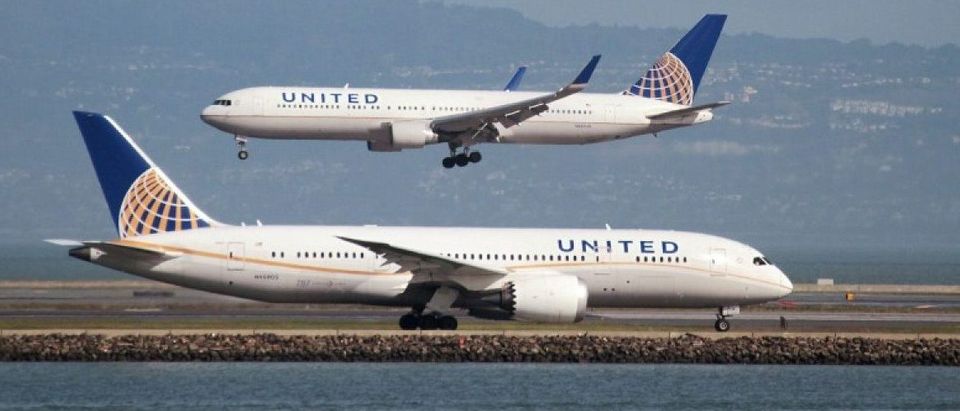This week, thousands of travel professionals will flock to D.C. for the U.S. Travel Association’s International trade show, where they will connect with other countries to bring travelers from around the world to cities around the country. Our 26,000 flight attendants would welcome the opportunity to bring them to your hometown. But what happens when the host, U.S. Travel, is being paid to actively undermine American aviation, the bedrock of our nation’s travel tourism industry?
At the behest of foreign funders, U.S. Travel is leading an attack on U.S. airlines and workers. Since 2004, the United Arab Emirates and Qatar have pumped over $50 billion in subsidies to their state-owned carriers, Emirates, Etihad Airways and Qatar Airways, in violation of their aviation trade deals with the United States, known as Open Skies agreements. These illegal subsidies have enabled the Gulf carriers to aggressively expand to new markets and offer artificially subsidized low fares, making it impossible for rule-abiding U.S. airlines to compete.
Despite the threat this trade cheating poses to our country, U.S. Travel is actually speaking out against enforcing Open Skies agreements. Their reasons are clear when looking at their financial backers – no major U.S. airline is a member, while Emirates and Etihad have been part of the organization’s “Chairman’s Circle.” Given their position, they are acting more like “UAE Travel” than “U.S. Travel.”
Most concerning is that cities around the country rely on tourism to support their local economies, but U.S. Travel has taken a position that could cut off access to communities nationwide by eroding the hub-and-spoke aviation system. Airlines rely on shorter flights to their hub cities to feed passengers into more profitable international routes. But if subsidy-fueled Gulf carrier expansion drives fair-playing businesses off these international routes, U.S. carriers will lose passengers that feed their networks. This ultimately harms the ability to serve small and mid-sized communities. We need to do everything we can to support continued service to our smaller cities, not make service more difficult.
Additionally, the actions of the Gulf carriers, backed by U.S. Travel, jeopardize over 1.2 million American jobs that rely on a strong domestic aviation market. These jobs are not just those of our flight attendants but also the employees of the 1,000 U.S. based travel groups gathered in Washington for this week’s convention, as well as the broader U.S. tourism industry.
The aviation industry has thrived through competition, and we welcome it. A level playing field is all we are asking for. But we are facing competitors who have skewed the playing field with illegal foreign government subsidies. And we are facing competitors who are throwing cash at American trade groups in order to set their agenda and undermine the long-term health of the industry. If we do not restore fair competition in the skies now, U.S. airlines could be forced to cut service that connects international visitors to American landmarks from Portland, Maine, to Jackson, Wyoming.
We will continue to push for fair competition among all airlines and ask the Trump administration to enforce our existing agreements, stand up for American workers and support U.S. aviation. To keep America’s tourism industry competitive, we need a strong U.S. aviation network that connects us all. Let’s fight for American jobs.
Bob Ross is a 34-year flight attendant and the National President of the Association of Professional Flight Attendants, representing 26,000 flight attendants at American Airlines. Ross is married to a former 28-year flight attendant (retired) and is the father of two children. He is also a licensed commercial pilot and a U.S. Air Force Veteran who worked as an aircraft mechanic.


